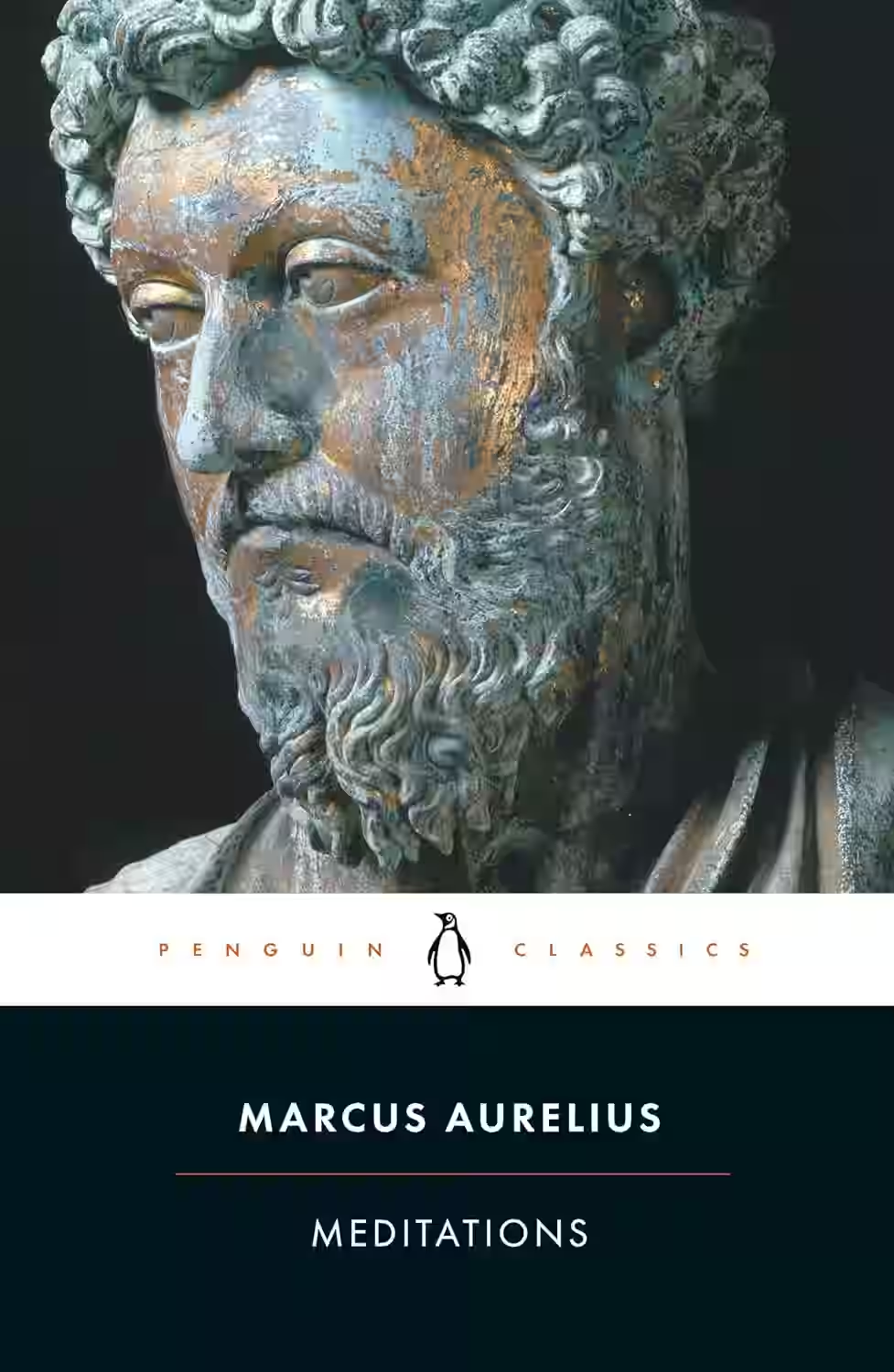
Written by Roman Emperor Marcus Aurelius, Meditations is a series of personal reflections on Stoic philosophy. It offers insights on resilience, humility, and the nature of human existence, emphasizing self-discipline, rationality, and virtue. Composed as a private journal, the work reveals how to maintain inner peace amid external chaos, making it a timeless guide for personal growth. Its concise wisdom and ethical clarity continue to influence leaders, thinkers, and individuals seeking meaning in a turbulent world.
About Marcus Aurelius
A Roman Emperor and Stoic philosopher, whose personal reflections compiled in Meditations offer profound insights into Stoic philosophy, self-discipline, and ethical living. His writings serve as a timeless guide on managing emotions, finding inner peace amidst adversity, and fulfilling one's duty. Marcus Aurelius's wisdom on virtue, reason, and accepting what cannot be controlled continues to inspire leaders and individuals seeking practical wisdom for navigating life's challenges.
Similar Books
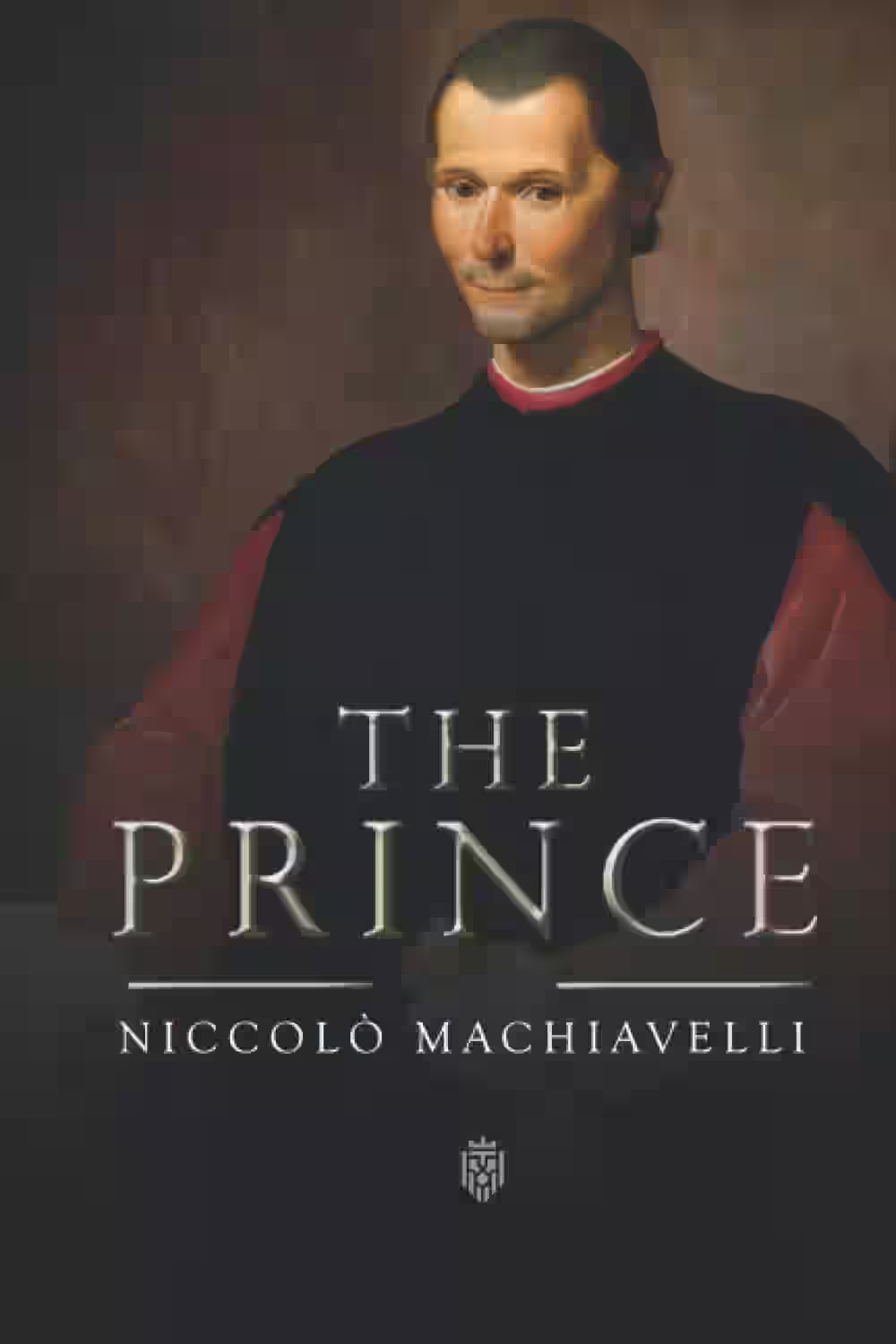
The Prince
A foundational work of political theory, The Prince offers blunt, often controversial advice for rulers seeking to maintain power. Rejecting moral ideals in favor of pragmatism and realpolitik, Machiavelli argues that ends often justify means. Still influential centuries later, this short but powerful treatise examines leadership, manipulation, and the mechanics of power, shaping political discourse across generations.
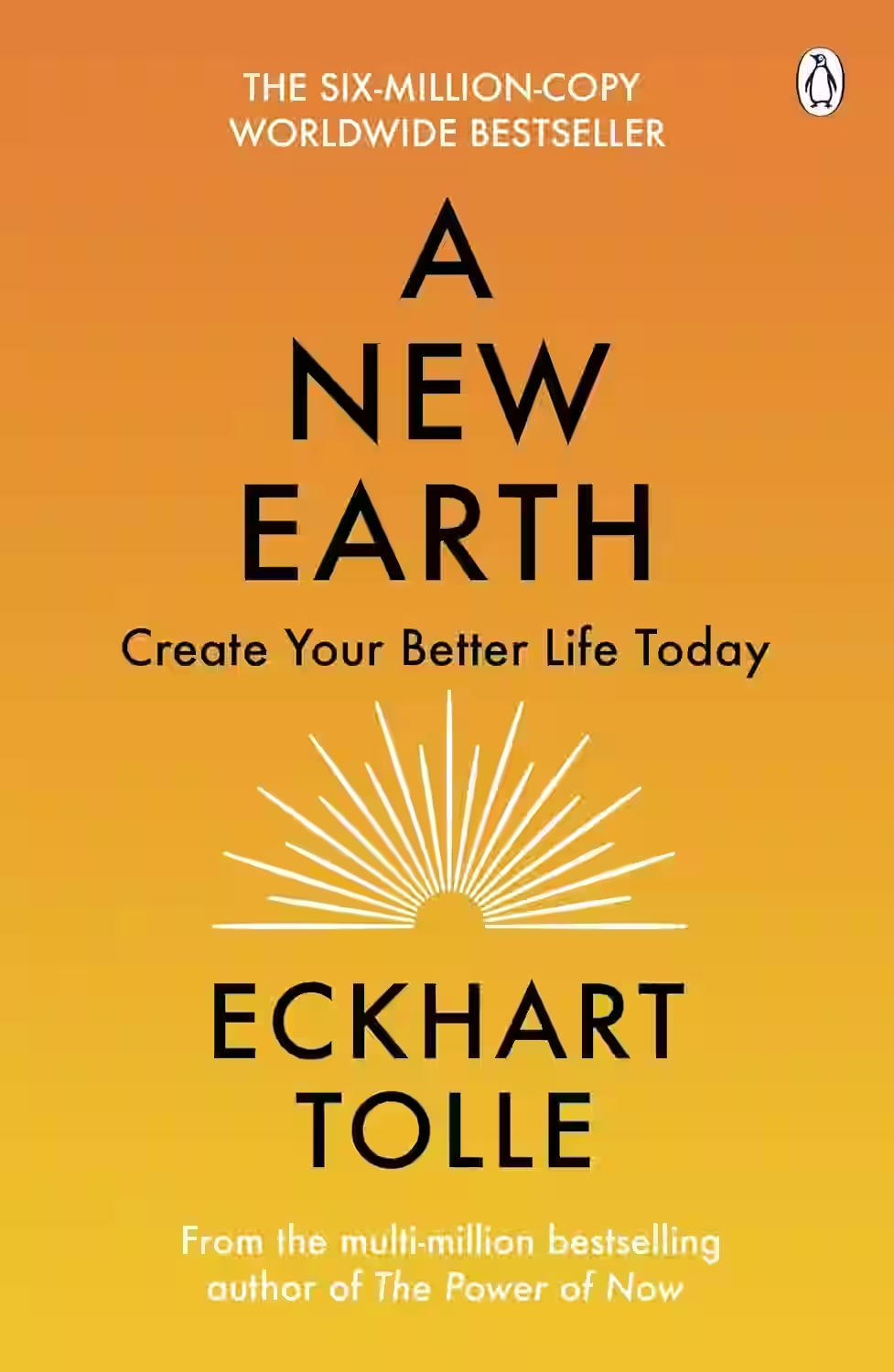
A New Earth
Eckhart Tolle's A New Earth explores the concept of ego and its role in human suffering. He argues that by transcending ego-based consciousness, individuals can achieve personal transformation and contribute to a more compassionate world. The book combines spiritual teachings with practical advice, encouraging readers to live in the present moment and embrace a higher state of awareness. Tolle's insights aim to inspire a shift in consciousness that leads to inner peace and a deeper connection with others.
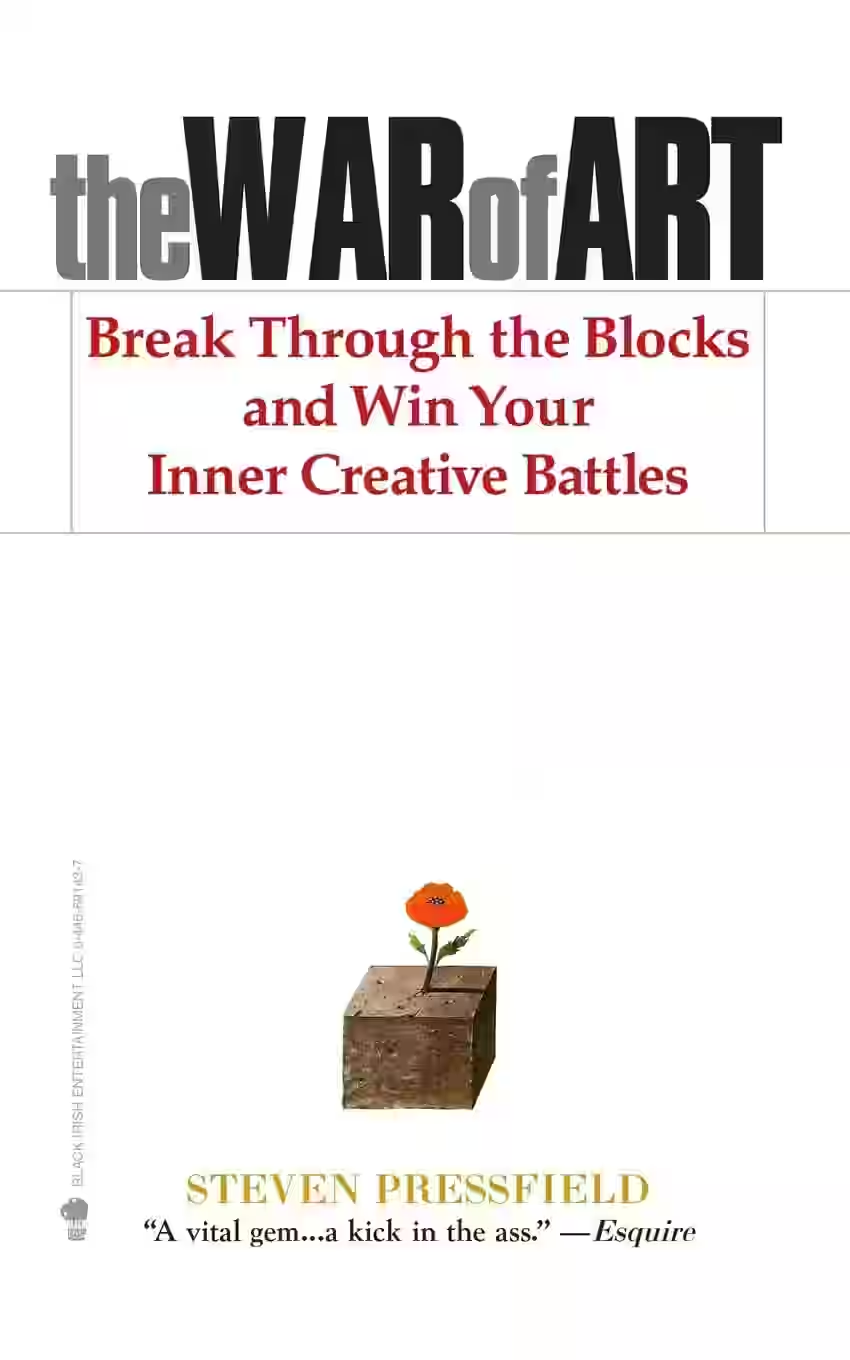
The War of Art
The War of Art is a motivational call to overcome the internal resistance that blocks creativity and achievement. Steven Pressfield breaks the creative struggle into three sections: identifying resistance, turning pro, and embracing higher purpose. He argues that fear, procrastination, and doubt are universal forces that sabotage our potential, and success requires discipline and persistence. Blending personal anecdotes with spiritual undertones, Pressfield challenges readers to treat creative work as a daily practice. The book is especially resonant for writers, artists, and entrepreneurs, offering tough love and encouragement to push through fear and self-sabotage in pursuit of meaningful creation.
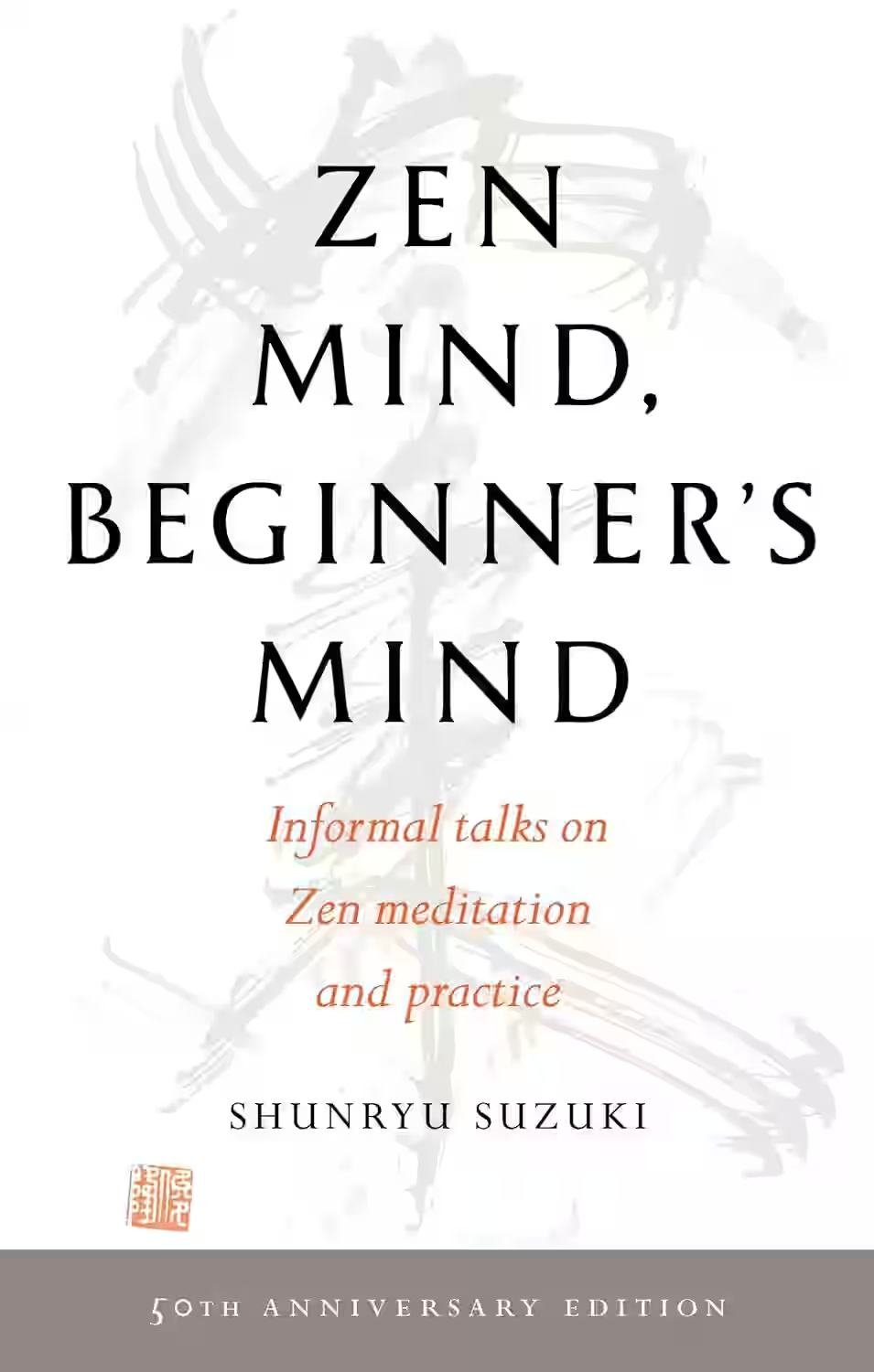
Zen Mind, Beginner’s Mind
This beloved introduction to Zen philosophy encourages readers to approach life with the openness of a beginner’s mind. Shunryu Suzuki, a Japanese Zen master, emphasizes simplicity, discipline, and non-attachment in meditation and daily living. Through short teachings and anecdotes, he explores concepts like breath awareness, mindfulness, and presence. The book’s core message is that spiritual depth arises not from mastering techniques, but from cultivating curiosity and acceptance in each moment. Revered for its clarity and poetic resonance, it has become a timeless guide for practitioners of Zen and anyone seeking peace, mindfulness, and a return to the present.